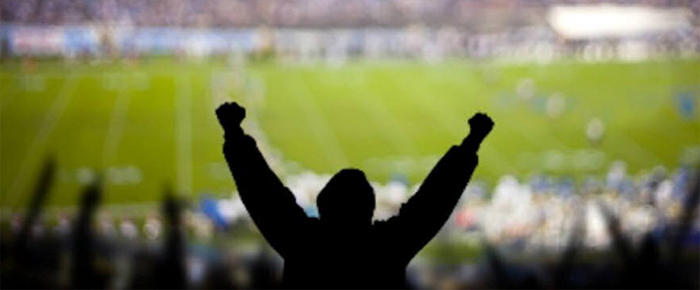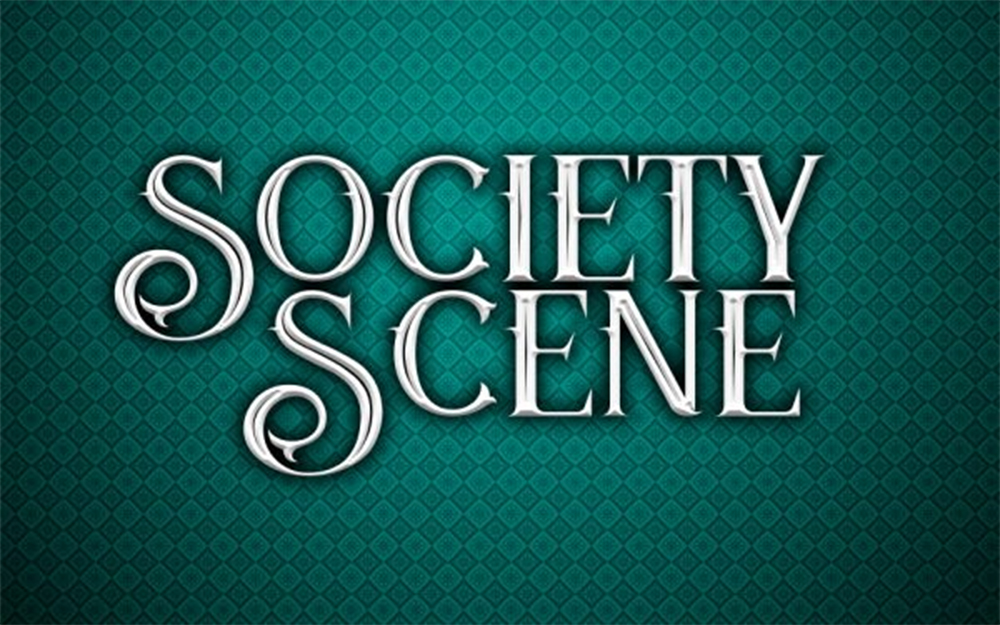
By Flint Wheeler
Tell me if this makes sense; Since Donald Trump is now president, given his history with gambling, doesn’t it now make sense that Sports Gaming will sooner rather than later be legalized outside of Nevada. I say yes.
Wagering on sports has effectively been illegal since 1992, when the federal government passed the Professional and Amateur Sports Protection Act, or PAPSA.
The case for a legalized sports betting industry subject to taxation and federal or state regulation has strengthened in recent years, due in large part to public support from prominent figures like NBA Commissioner Adam Silver and most lately the NFL approval of the Raiders franchise to call Las Vegas home. Advocates are calling for Trump, with his background as a casino owner in Las Vegas and Atlantic City, to add his voice to the debate.
“We are entering a perfect storm of interests among broadcasters, among owners of individual sports teams, we have what’s clearly been 25 years of a failed law,” Geoff Freeman, president and CEO of the American Gaming Association, told FOXBusiness.com. “And now we have a president who is quoted as recently as a about year ago on [FOX Sports radio host] Colin Cowherd’s show talking about the failed law that we have today and the benefits of regulation. I think we have everything coming together to support a regulated environment.”
While lawmakers and pro leagues that fought for the ban in the 1990s argued the legislation would defend against corruption in the sports industry, critics today argue it is directly responsible for the creation of a massive illegal sports gambling market worth tens of billions of dollars. The American Gaming Association, a lobbying organization with a strong voice in the nation’s capital, estimates that $150 billion in illegal wagers are placed each year.
Aside from NBA Commissioner Silver’s public support for legalization, there are other signs that the sports establishment may be ready to reconsider the ban. The NHL recently approved the creation of a Las Vegas-based expansion team. The NFL’s Oakland Raiders are eventual move to Sin City, and 28 of the league’s 32 teams have partnered with daily fantasy sports companies like Fan-Duel or Draft Kings. Several teams in the NBA and MLB have similar partnerships.
Trump has already in recent reports addressed his stance on the sports betting industry – and his support for legalization – on at least two occasions.
“I’m OK with [sports betting and daily fantasy sports] because it’s happening anyway. Whether you have [legalized sports betting] or you don’t have it, you have it,” Trump said during a November 2015 appearance on “The Herd with Colin Cowherd.”
In a 1993 interview, Trump, who has owned casinos in the gambling hotbed of Atlantic City, New Jersey, declared that “you have to be” in favor of legalized sports betting.
“It is vital to keeping your taxes low, it’s vital to the senior citizens, and it’s vital to putting the bookies out of business,” Trump said at the time.
The fight to legalize sports gambling is already underway in some states. Legislators in New York, New Jersey, South Carolina and several other states have either submitted bills aimed at repeal or at the very least bringing the issue to court.
The sports gaming industry’s potential as a job creator and revenue driver should be an enticing proposition to Trump, who so far has not expressed any opposition to the idea on moral grounds.
One state victory in court changes everything. Contrary to the opinion of some, it wouldn’t take ‘years’ to accomplish a meaningful victory. A state merely needs to avoid a social mess as we’ve seen recently with the various protests (If you call whatever happened in Portland last week a protest) during the early stages of the case. If a state is able to avoid a public backlash, it will have sports betting right away. Food for thought. G’Luck.













































